The Hungarian government's utility cost reduction scheme continued to play a key role in helping households manage their energy costs. The scheme, introduced ten years ago, aims to ensure that households can afford energy while reducing the impact of market fluctuations.
According to the latest data from November, Hungarian households had the lowest electricity and natural gas prices. In the eleventh month of the year alone, household electricity prices in Europe increased by two percent, although the price of natural gas remained mostly unchanged, according to a report by VaasaETT. In the list comparing price levels in European capitals, Budapest has remained the most affordable in both categories. It is worth noting that, although the data are for the capital, the same prices apply across the Hungary.
Second best in terms of utility-costs-to-income ratio
It is also noteworthy that Budapest ranks second best among two-earner households with average income and consumption, modeled by the Hungarian Energy and Utilities Regulatory Office (MEKH), with only Luxembourg ahead in terms of the ratio of utility costs to income.
Comparing this with the first month of 2024, it is only the latter ranking that has changed: in January, the average household in London was ahead of the average household in Budapest.
In other words, the Hungarian population did not suffer additional energy costs this year either, while changes in the international energy market, geopolitical tensions and the availability of energy sources had an impact on energy prices throughout the EU.
In addition, even those who consume more than the average have not seen their gas and electricity tariffs skyrocket. Under the regulation, which came into effect back in August 2022, they pay slightly more – assuming they can afford higher costs being larger consumers – but even this tariff is the fourth lowest in the ranking for both gas and electricity.
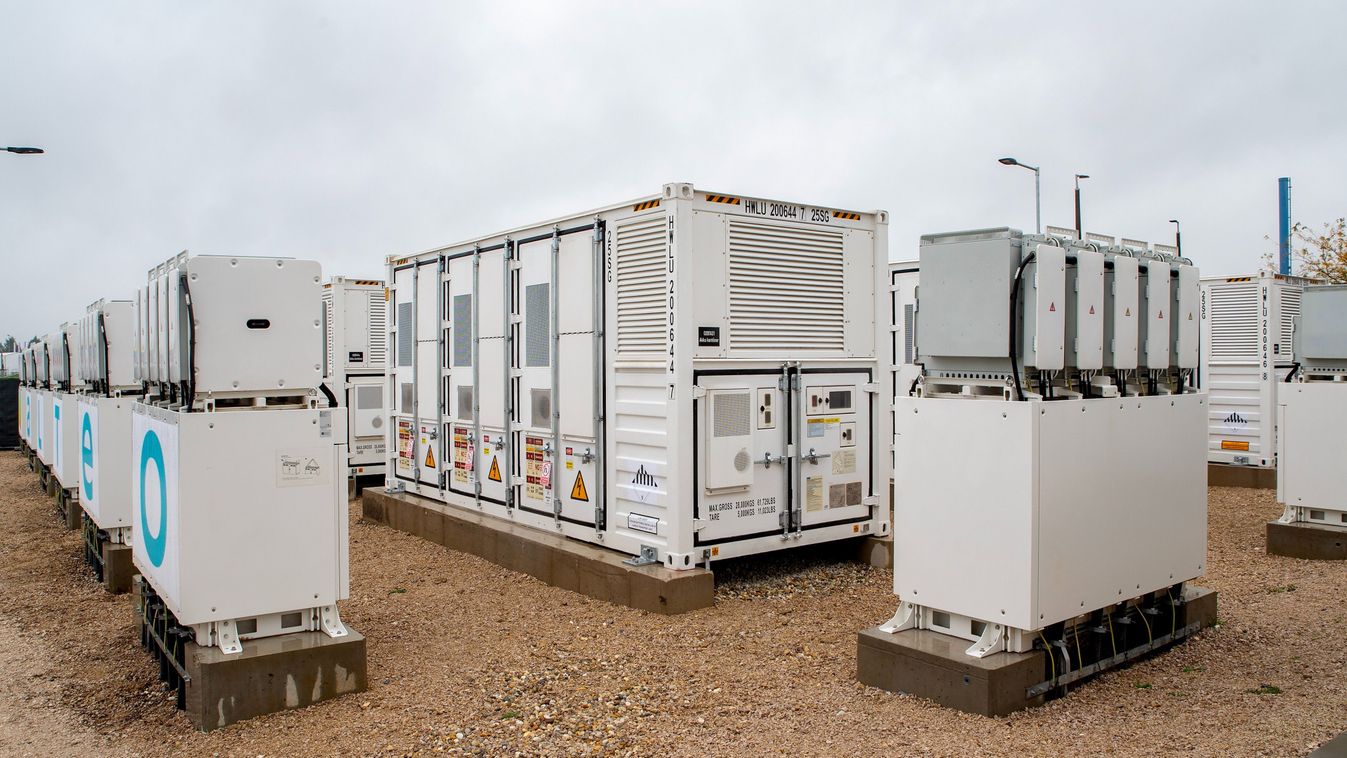












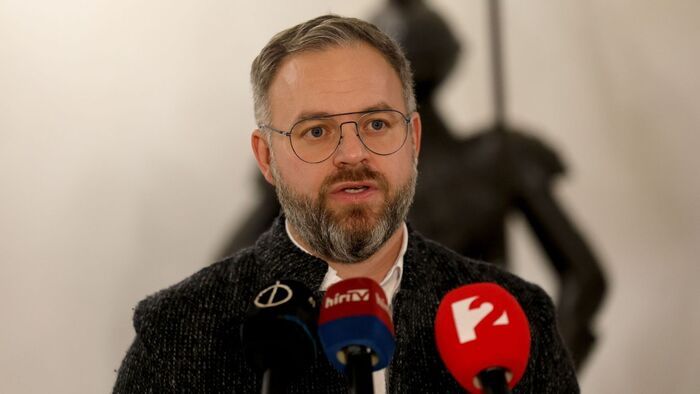

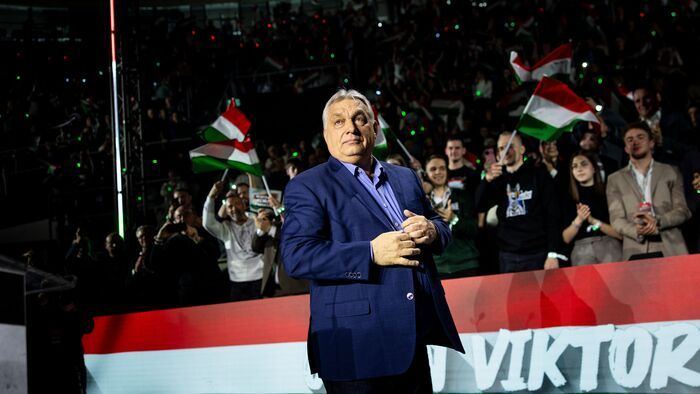
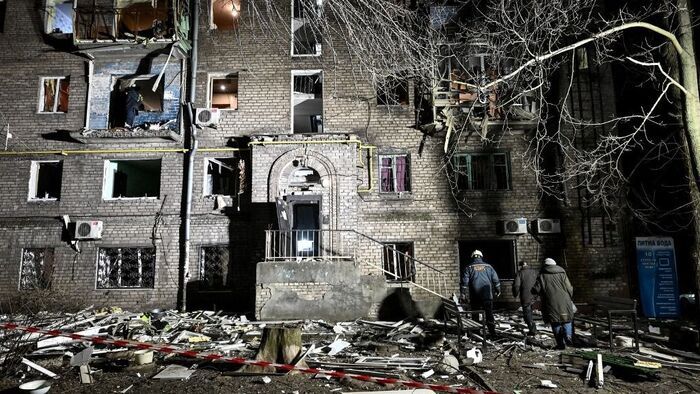
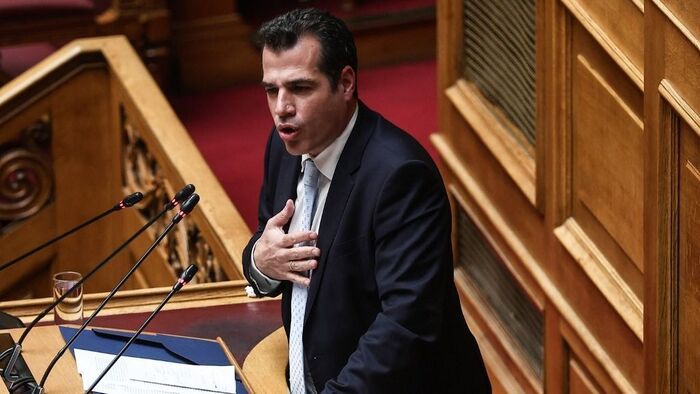





Szóljon hozzá!
Jelenleg csak a hozzászólások egy kis részét látja. Hozzászóláshoz és a további kommentek megtekintéséhez lépjen be, vagy regisztráljon!